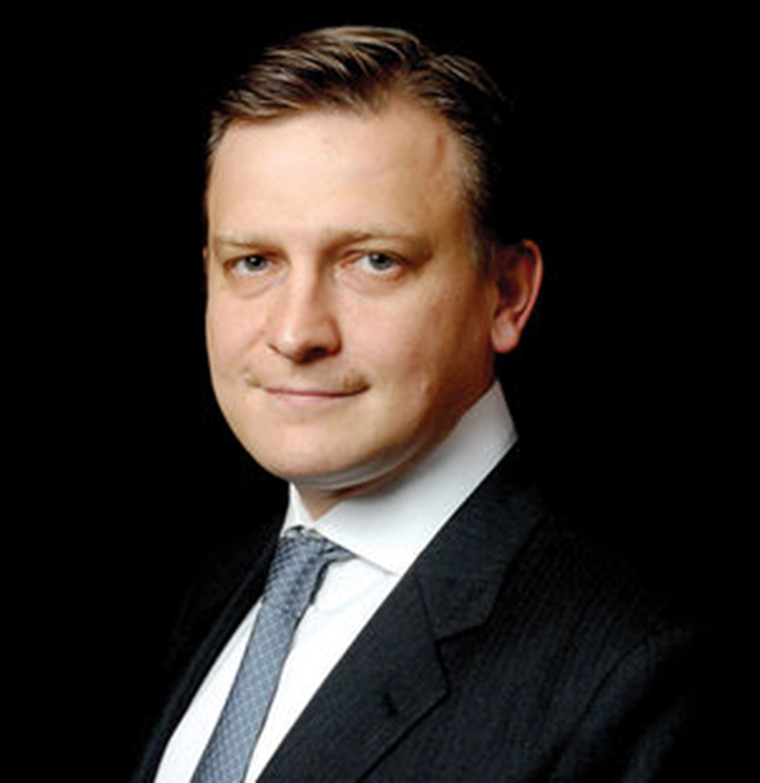Published: August 1, 2011
There’s hardly an area of deal making that Russia’s VTB hasn’t made waves in this year. A public offering of a 10% stake in the state-owned bank was twice–oversubscribed and raised US$3.3bn. It paid RUB103bn (US$3.7bn) to buy a 46.5% in Bank of Moscow, the start of a full takeover. And now its dealings in the debt markets have turned the heads of bankers around the world.
In July the bank secured US$3.13bn in the largest syndicated loan ever raised by a bank in Central and Eastern Europe, far surpassing the US$2bn raised by Sberbank, its larger, state-owned rival, last year.
For Herbert Moos, VTB’s chief financial officer, the loan is a landmark transaction to have overseen. The bank plans to borrow US$5bn during 2011 for general corporate work and some refinancing. In one deal, priced reasonably at 130 basis points over LIBOR, Moos has secured a sizeable amount of that sum. And he’s already working on some ambitious plans to raise the rest.
Spread ‘em
The list of lenders behind the three-year syndicated loan reads like a who’s who of global banking: 19 mandated lead arrangers, including Citibank, BNP Paribas, Goldman Sachs and Credit Suisse, as well as a further nine banks attracted during general syndication.
Moos credits VTB’s international reach with the success of the syndication. Historically a trade finance bank, it still enjoys strong relationships with many global institutions, he tells EMEA Finance.
“Ultimately, we had very strong support from all of our core lenders,” Moos says. “We had almost all of our relationship banks in Asia, all our relationship banks in Europe and all in the United States participating.”
An impressive boast, and perhaps institutions other than VTB should also be celebrating the deal – from a pricing perspective, Moos believes the transaction could reopen the syndicated loan market for other Russian borrowers.
“Russia will have a few dozen strong banks that could benefit from this quite significantly,” he says. “The regulatory environment in foreign lenders’ core markets is becoming tougher, and they have to justify higher spreads. Here we have a situation where from our perspective it’s a tight spread but one at which the relationship banks can still make money – spreads in Russia are broadly wider than spreads in Western Europe.”
Pick and choose
The deal is only the second syndicated loan VTB has agreed – its debt market fund raisings have historically focused on eurobond issuances. This branching out of the bank’s funding strategy is a crucial part of Moos’ plans for the coming years.
“We need to grow the share of corporate and retail deposits in our funding structure, so the amount of externally funded liabilities will be not as significant,” Moos says. “Having less pressure on that allows us to be more selective, and a key principle of our external funding plan is diversification.”
Within the past year VTB became the first Russian bank to issue in Singapore dollars and Chinese Renminbi, for example. Now Moos and his colleagues are considering an issuance in Brazil and a sukuk marketed to Islamic borrowers in the Middle East.
The success of the syndicated loan means Moos has time on his side, and he has never been one to move too fast. The CFO says the bank initially considered a sukuk in late 2009, but is plans were scuppered when state conglomerate Dubai World effectively defaulted on its own debt, throwing regional markets into turmoil. In this and other funding markets, Moos says, the bank would now rather play the long game than risk a rushed and ruined deal.
“We’re patient,” Moos says. “I’m happy to wait if that is required to establish ourselves on the right footing with a market.”


